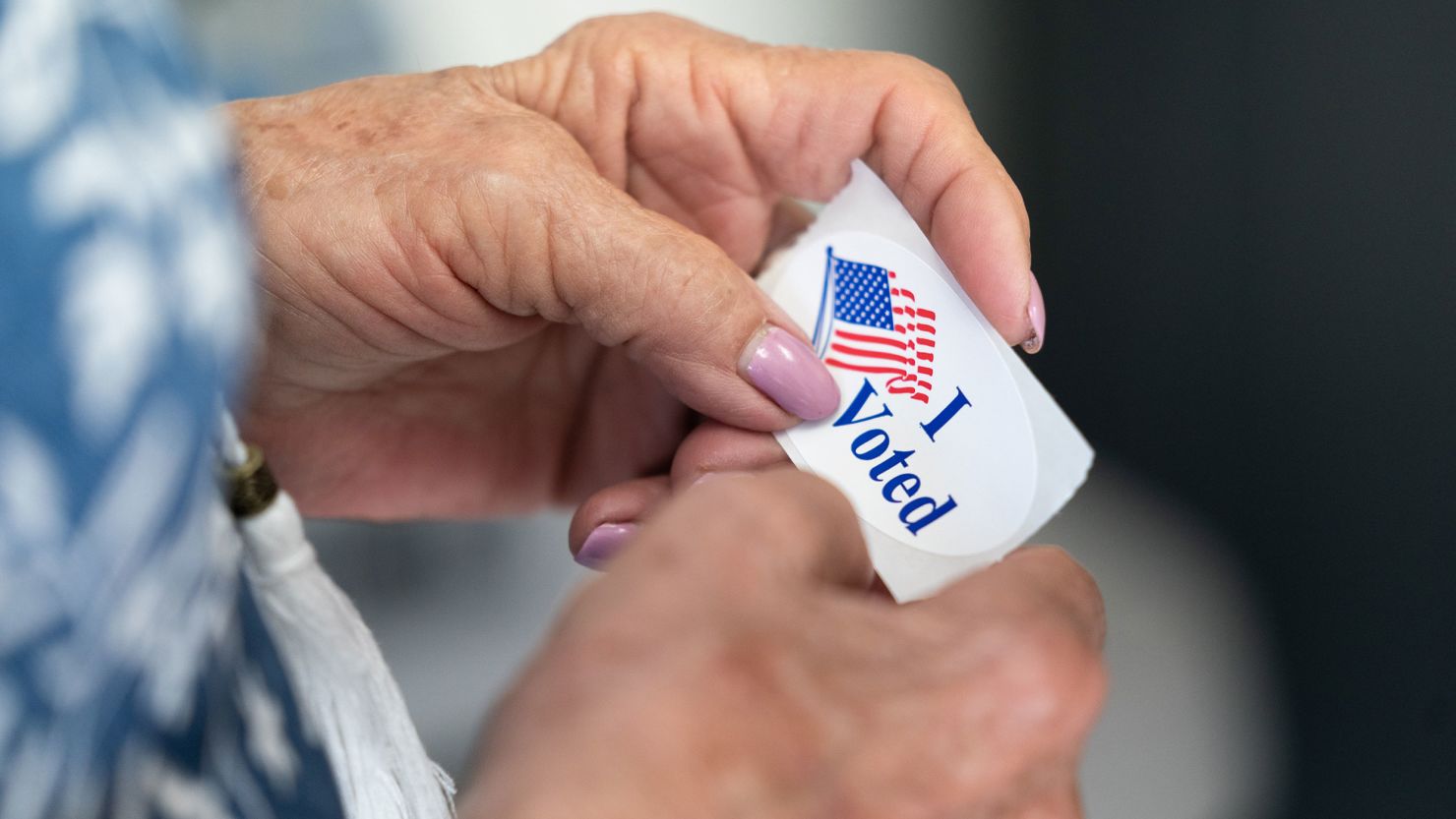Voting for this year’s general election kicked off Friday with North Carolina becoming the first state to begin sending out absentee ballots, but it comes amid continuing concerns about the harassment of election officials by people who refuse to accept the results of the 2020 election.
More than 50,000 absentee ballots had been requested as of Friday morning, and about a dozen ballots had been returned and accepted electronically as of late Friday afternoon via a secure online portal established to accept overseas and military ballots and those cast by visually impaired voters, state officials said.
The Tar Heel State has long been the first in the country to vote – under state law that allows general election ballots to be issued two months before Election Day. But officials here say the 2022 midterms are unlike any previous election as workers grapple with threats to their safety and an onslaught of what they view as frivolous public records requests from people who question the 2020 election results.
Karen Brinson Bell, executive director of the North Carolina State Board of Elections, said local election officials have installed panic buttons and bulletproof glass in their offices in response to threats. And she said local election offices also are “drowning” in copy-cat public records requests that arrive daily that appear to be attempts to “burden the counties to where they cannot focus” on carrying out their 2022 election duties.
State officials say the requests range from demands to see obscure documents generated by ballot-tallying machines to contracts with Dominion Voting Systems – although the company’s machines are not used in North Carolina’ elections.
“It’s time to move on,” Brinson Bell said Friday in an interview with CNN. “We have certified. We have audited. We have recounted so much from the 2020 election. And what’s playing out now is democracy.”
The deluge in North Carolina – as officials there try to administer this year’s general election – underscores the continued challenges posed by election conspiracy theorists who have advanced false claims that former President Donald Trump won the 2020 election and voting machines were somehow hacked to flip votes.
Dominion has filed multiple defamation lawsuits in response.
Election officials across the country have reported similar onslaughts of public records requests.
David Becker, who runs the nonpartisan Center for Election Innovation & Research, said the problem is widespread.
“Public records requests are a good thing, in general, when they are used to obtain real information that you otherwise might not be able to get to understand how government works,” he said. But Becker said election officials are dealing with duplicative requests that seem designed to “bully” and “overwhelm” staffers.
In addition, state and local officials report they are facing a new crop of demands that they retain records with vague threats of legal action over the 2020 election.
“We are 676 days from the November 2020 election,” Becker, a former Justice Department lawyer, said. “There are no ongoing lawsuits with any basis in law or fact that have established even the tiniest shred of malfeasance, inaccuracy or widespread fraud in any aspect of the 2020 election.”
Last week, Kentucky’s Secretary of State Michael Adams, a Republican, cited the frivolous records requests and demands for recounts of past elections as among the reason for high-than-usual turnover among local election officials. He said 23 of the state’s 120 county election clerks have not sought reelection.
In North Carolina, 45 of 100 county election directors have left their jobs in the last three years, Patrick Gannon, spokesman for the North Carolina State Board of Elections, told CNN.
“This is the most difficult election season that I’ve been through, and I think most county directors will say the same,” Gannon added.
In Buncombe County, which includes the city of Asheville, the elections director, Corinne Duncan, said she spent so much time juggling records requests last week, that she had “to come in on the weekend to hire new employees and try to run an office.”
The bombardment “adds to a job that is already stressful,” she added. “People in elections are generally underpaid. We are asked to work very, very long hours, to respond to change quickly … so, to have more and more things piled on top of us, it’s very difficult.”
Officials in other states are gearing up to mail out absentee ballots in the weeks ahead.
Alabama is up next with absentee ballots available starting Wednesday – or 55 days before Election Day. Federal law requires that absentee ballots be sent to military and overseas voters at least 45 days before a federal election.
In North Carolina, the general election features a high-profile contest for an open US Senate seat, now held by Republican Sen. Richard Burr, who is retiring. Seats in the state legislature and on the state Supreme Court also are among those on the ballot.
Despite the new level of “hostility” that election officials face, Brinson Bell said North Carolina workers remain focused on their jobs. “Our eye is on the ball of the midterm election,” she said.
CNN’s Ethan Cohen and Melissa DePalo contributed to this story.






